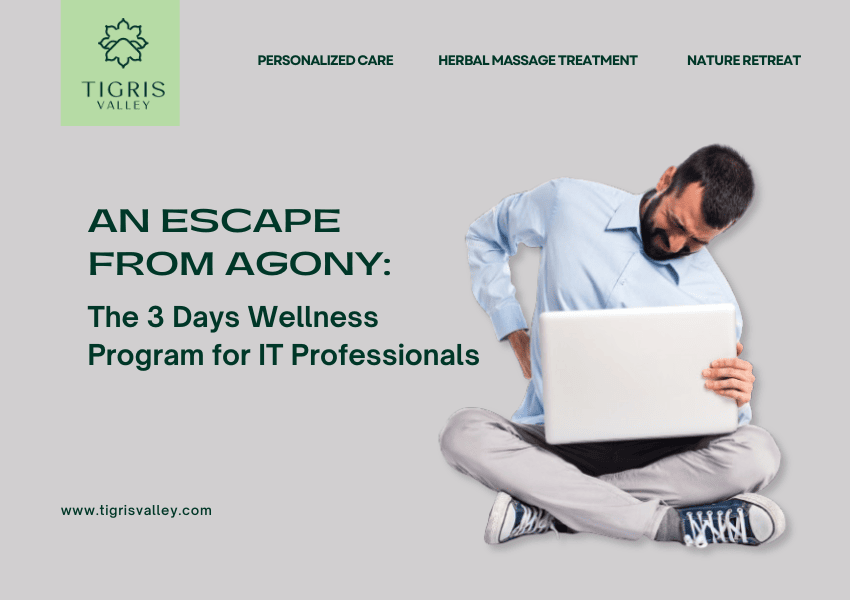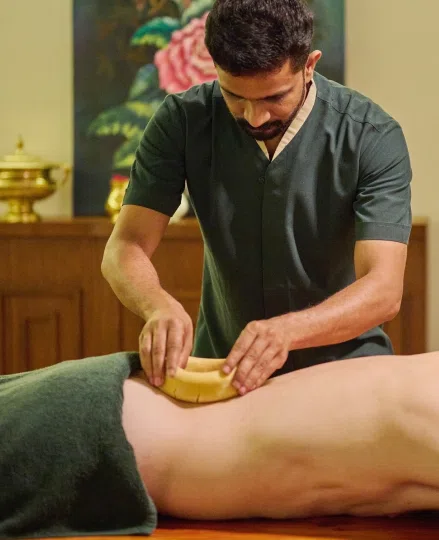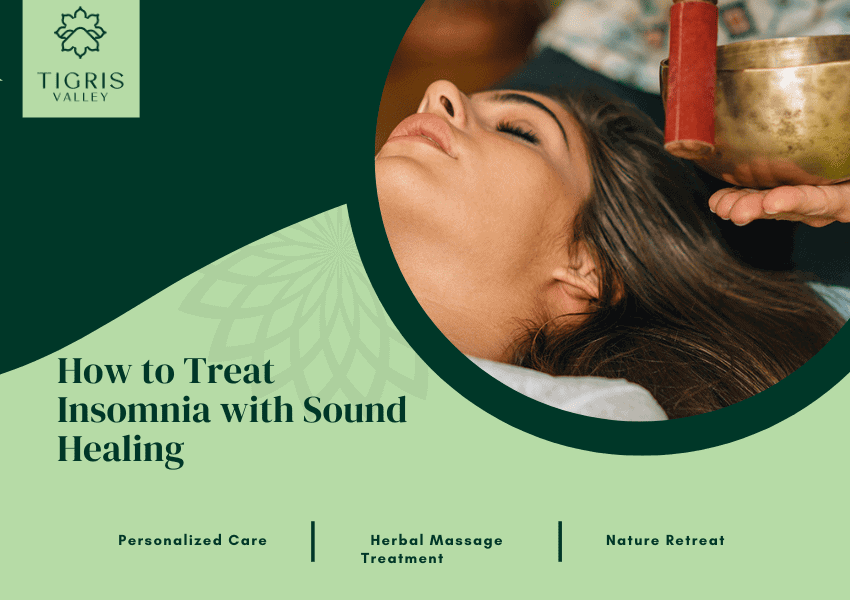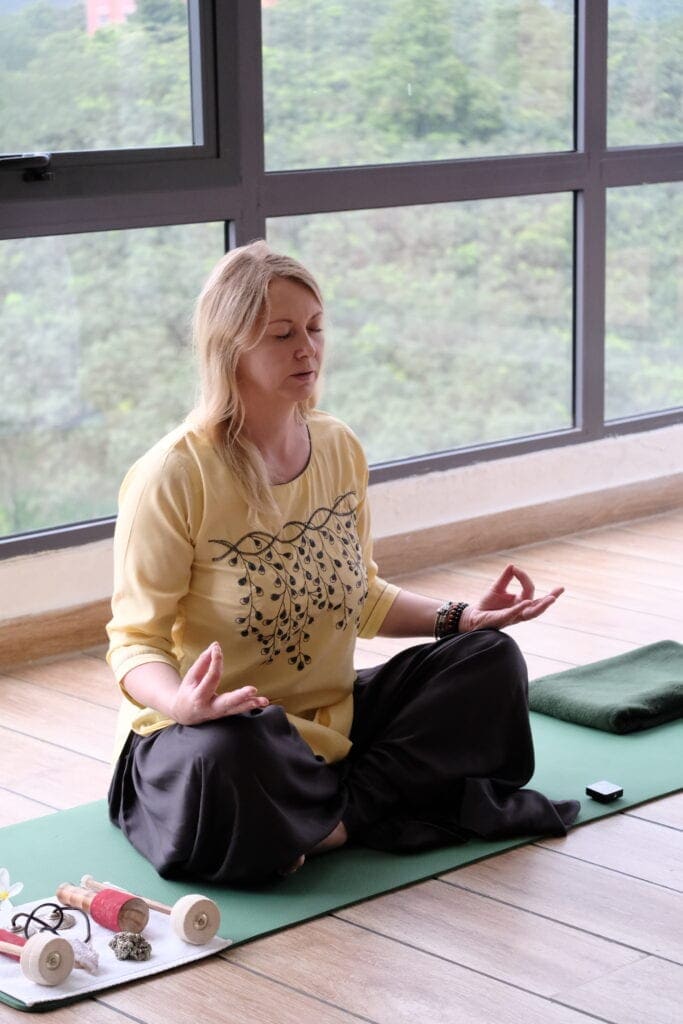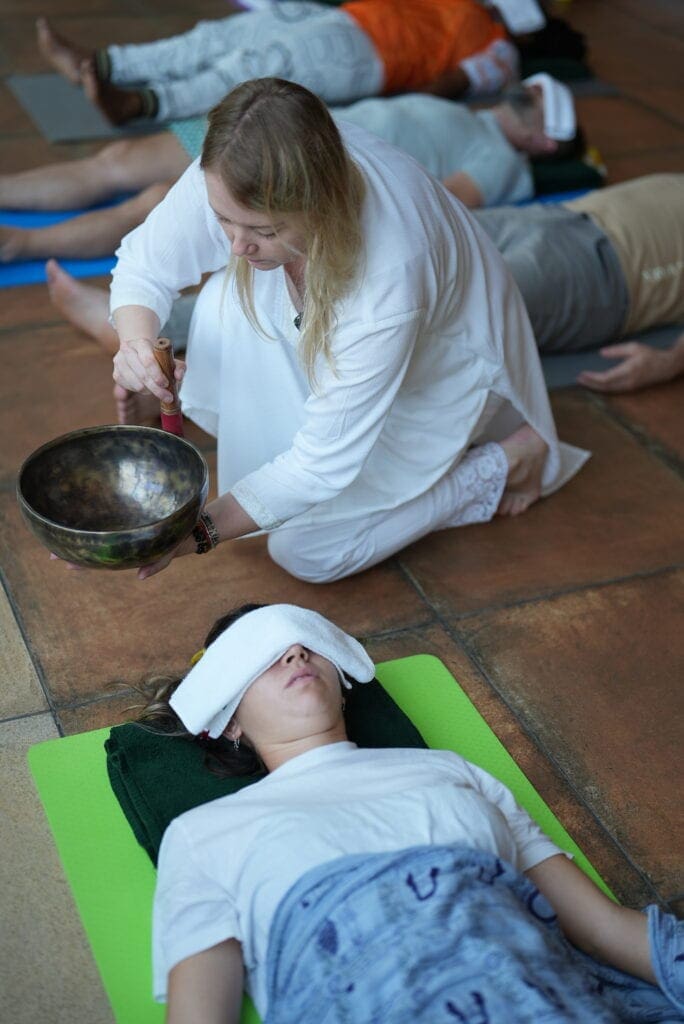Understanding Anxiety Disorders: Causes, Symptoms, and Treatment
Anxiety is a normal and often healthy emotion that everyone experiences at some point. It is our body’s natural response to stress or perceived threats. However, when anxiety becomes excessive, uncontrollable, and interferes with daily life, it can be classified as an anxiety disorder.
Causes of anxiety can vary and may include genetics, brain chemistry, personality, and life events. Stressful or traumatic experiences, such as abuse, the death of a loved one, or a major life change, can also contribute to the development of anxiety disorders. Common symptoms of anxiety may include excessive worry, restlessness, fatigue, difficulty concentrating, irritability, muscle tension, and sleep disturbances.
There are several types of anxiety disorders, including generalized anxiety disorder, panic disorder, social anxiety disorder, specific phobias, and others. Each type has its specific symptoms and characteristics. Anxiety treatment often involves a combination of therapy, medication, and self-care strategies. Cognitive-behavioral therapy (CBT) is a common form of therapy used to help individuals identify and change negative thought patterns and behaviors related to anxiety. Medications such as selective serotonin reuptake inhibitors (SSRIs) and serotonin-norepinephrine reuptake inhibitors (SNRIs) are often prescribed to help manage symptoms. Additionally, lifestyle changes such as regular exercise, adequate sleep, and stress management therapy can also be beneficial in managing anxiety.
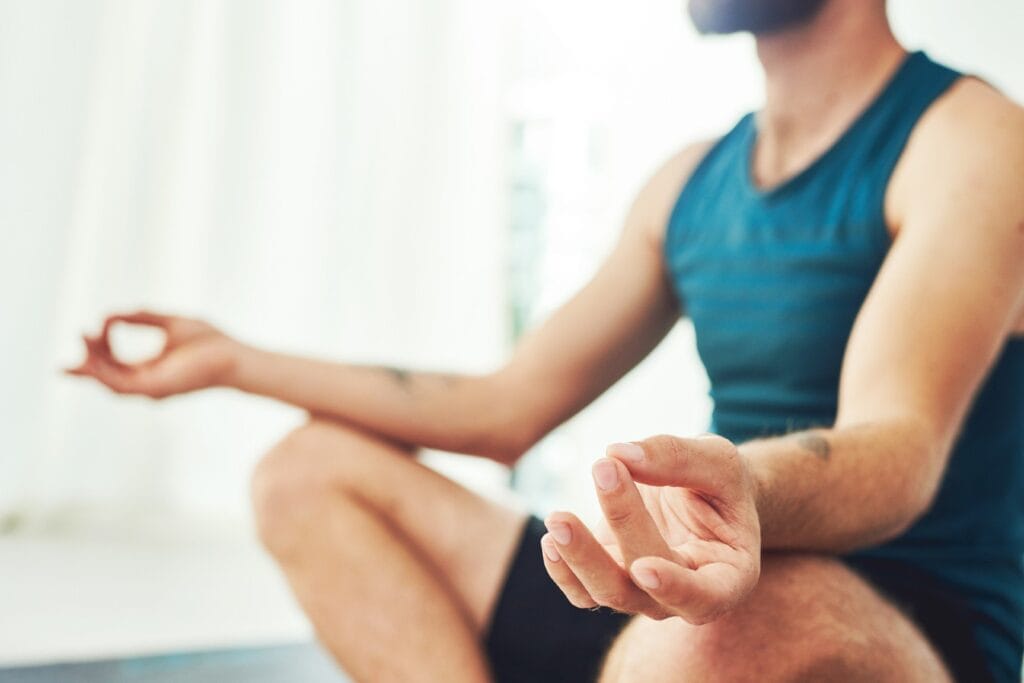
At Tigris Valley, we provide the best stress relief treatment aimed at managing stress through natural therapies. This stress management program includes techniques such as yoga, meditation, and herbal remedies to promote relaxation and mental clarity. Personalized stress treatment plans focus on addressing individual needs, helping to reduce anxiety, and restoring balance. By combining mind-body practices, Tigris Valley aims to provide effective stress and anxiety relief treatment for overall well-being.
It’s important to seek help from a qualified mental wellness professional if you or someone you know is struggling with anxiety, as they can provide a proper diagnosis and create a personalized treatment plan based on individual needs.
Common anxiety symptoms may include:
1. Excessive worrying or apprehension
2. Restlessness or feeling on edge
3. Fatigue or tiredness
4. Difficulty concentrating or mind going blank
5. Irritability
6. Muscle tension or muscle aches
7. Difficulty controlling feelings of worry
8. Sleep disturbances, such as difficulty falling asleep or staying asleep
9. Rapid heartbeat or palpitations
10. Shortness of breath or difficulty breathing
11. Sweating
12. Nausea or stomach discomfort
13. Dizziness
It’s important to note that symptoms of anxiety can vary from person to person, and not everyone will experience the same symptoms. Additionally, the severity and frequency of symptoms can also differ among individuals. If you are experiencing these symptoms and they are interfering with your daily life, it’s important to seek help from a mental health professional for proper anxiety treatment in Kerala.
Sure! There are several different types of anxiety disorders, each with its specific symptoms. Here are the common types of anxiety disorders and their specific symptoms:
1. Generalised Anxiety Disorder (GAD): GAD is characterized by excessive, uncontrollable worry about multiple aspects of life, such as work, family, and health. Symptoms can include:
– Persistent worrying
– Restlessness
– Irritability
– Muscle tension
– Difficulty concentrating
– Fatigue
– Sleep disturbances
2. Panic Disorder: People with panic disorder experience recurring and unexpected panic attacks, which are sudden periods of intense fear or discomfort. Symptoms of panic attacks can include:
– Racing or pounding heart
– Sweating
– Trembling or shaking
– Shortness of breath
– Chest pain
– Nausea or abdominal distress
– Feeling detached or unreal
– Fear of losing control or dying
3. Social Anxiety Disorder (Social Phobia): Social anxiety disorder involves an intense fear of social or performance situations, usually due to a fear of judgment or embarrassment. Symptoms may include:
– Intense anxiety in social situations
– Fear of being judged or rejected
– Avoidance of social situations
– Physical symptoms such as blushing, sweating, or trembling

4. Specific Phobias: Specific phobias are characterized by an intense fear of a specific object, situation, or activity that poses little or no actual danger. Common phobias include fear of heights, spiders, needles, or flying. Symptoms can include:
– Immediate anxiety or panic when exposed to the feared object or situation
– Avoidance of the feared object or situation
– Difficulty functioning normally due to the phobia
5. Separation Anxiety Disorder: This disorder is more common in children but can also occur in adults. It involves excessive fear or anxiety about separation from people to whom the individual is attached. Symptoms may include:
– Excessive distress when anticipating or experiencing separation from major attachment figures
– Worry about losing the attachment figures
– Reluctance or refusal to go out or away from home due to fear of separation
These are the common types of anxiety disorders and their specific symptoms, but it’s important to note that individuals can experience a combination of different anxiety disorders. Seek professional help if you or someone you know is experiencing symptoms of an anxiety disorder, as treatment can significantly improve quality of life.
Tigris Valley Wellness retreat in Kerala holistic approach to mental wellness, blending traditional practices with modern therapeutic techniques. The anxiety treatment program at the retreat combines expert guidance with the natural therapeutic elements of the region. From personalized cognitive-behavioral therapy sessions to mindfulness practices, individuals receive comprehensive care to address the root causes of anxiety.


